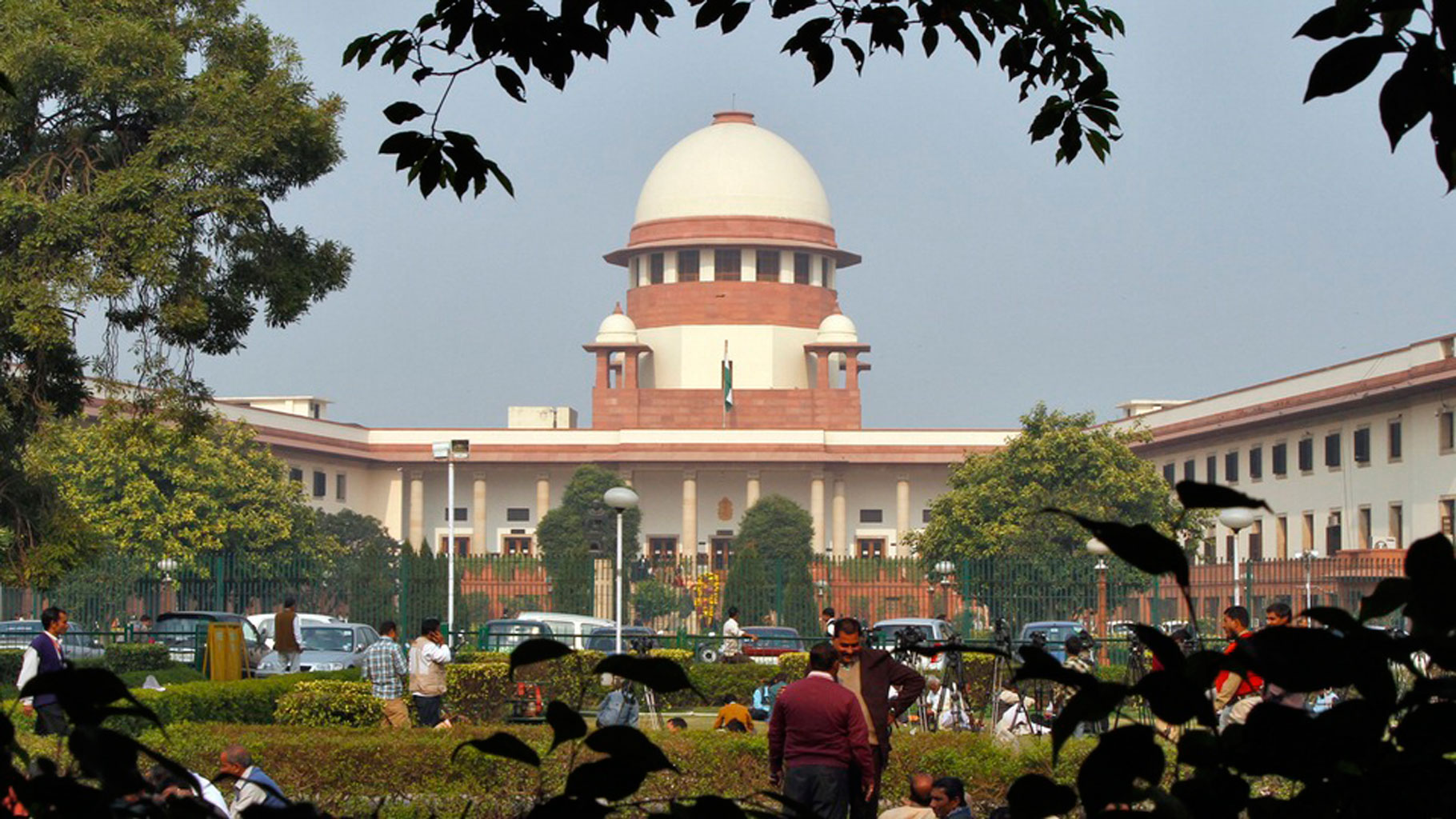The Supreme Court, examining the powers of Governors, on Thursday took strong note of a submission that all decisions of the Governor are not open to judicial review. The apex court observed that it cannot be a mute spectator when democratic processes are “slaughtered”.
“If democracy is slaughtered, how can the court remain silent,” a five-judge Constitution bench headed by Justice JS Khehar asked. The observation came when the counsel for a BJP MLA of crisis-hit Arunachal Pradesh referred to the powers of the Governors. The counsel for the MLA was trying to drive home the point that courts cannot “review” all the decisions of the Governor.
The bench also summoned dispatch records, having details of correspondence of Arunachal Pradesh assembly from October till date. The court was not satisfied with documents produced by an official of the assembly.
The bench also wanted to ascertain certain communication between Assembly Speaker Nabam Rebia and Governor JP Rajkhowa on issues like convening or advancing assembly session and disqualification of rebel Congress MLAs.
Senior advocate Rakesh Dwivedi, appearing for some rebel Congress lawmakers, supported the Governor’s decisions saying summoning the assembly session cannot be termed “undemocratic” and does not frustrate “democratic process”.
Rather, locking out the assembly building and shying away from it are undemocratic acts.
It is not compulsory for the Governor to take aid and advice of the Chief Minister and his council of ministers in summoning the assembly session.Rakesh Dwivedi, Counsel appearing for Congress
He added that certain constitutional schemes empower the Governor to act on his own in “exceptional” and “special” circumstances.
By summoning assembly session, the Governor is “simply setting in motion the democratic process”, the lawyer said. He also asked how can it be termed illegal by those who lost majority support and shied away from the House.
He said that the locking up of the assembly building was not a “simple and democratic” act. The court would resume hearing tomorrow on a batch of pleas filed by Rebia and other Congress leaders against the Gauhati High Court order in the case.
(At The Quint, we question everything. Play an active role in shaping our journalism by becoming a member today.)
